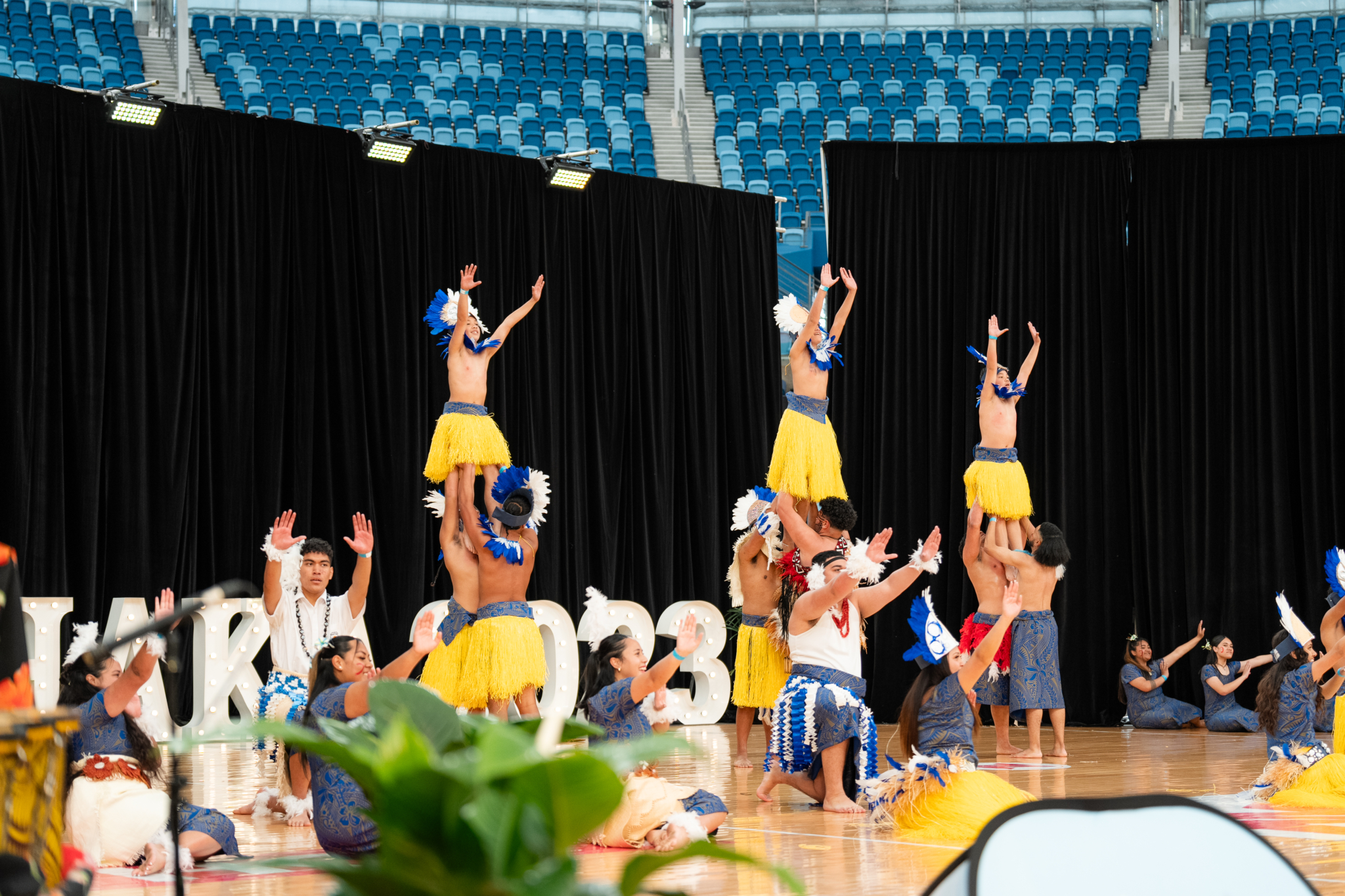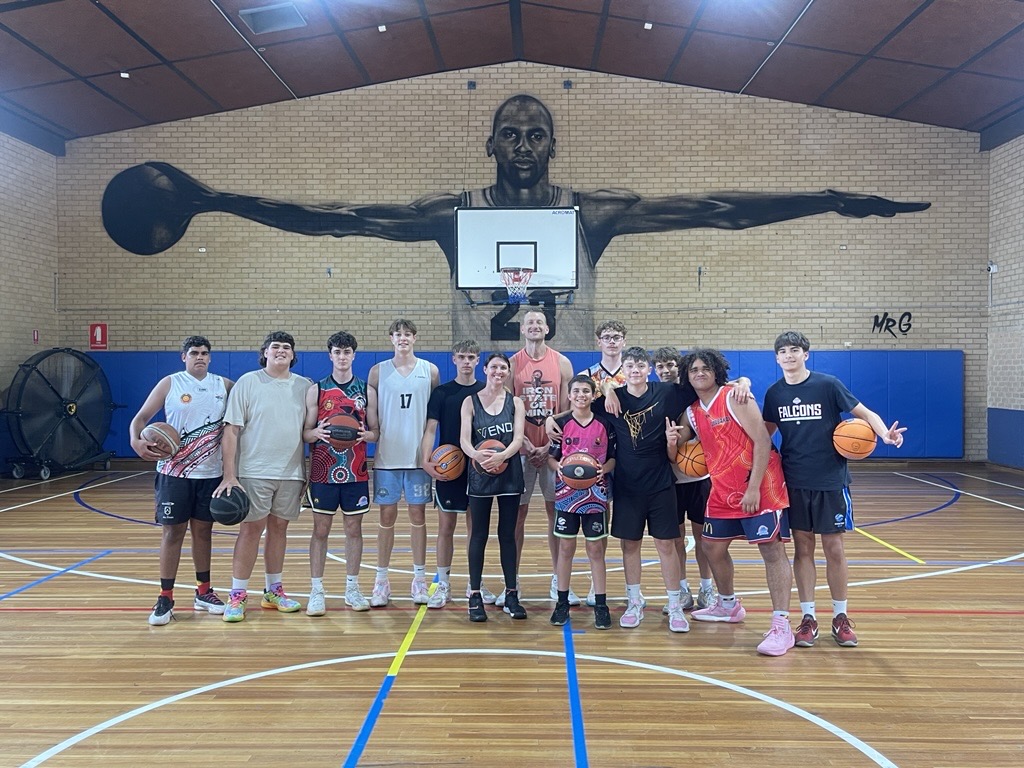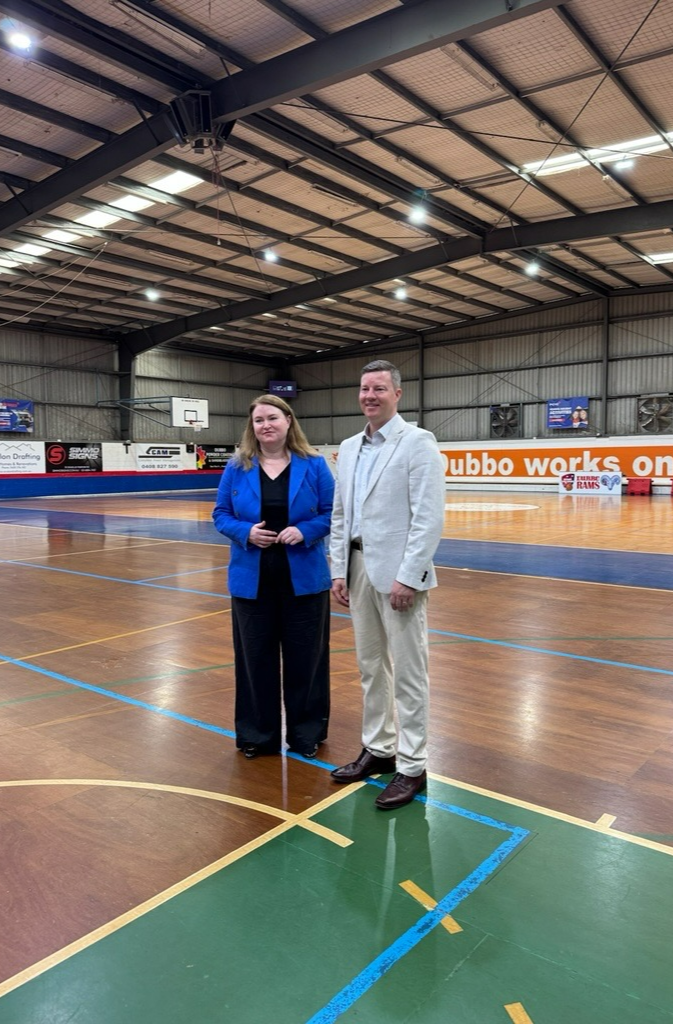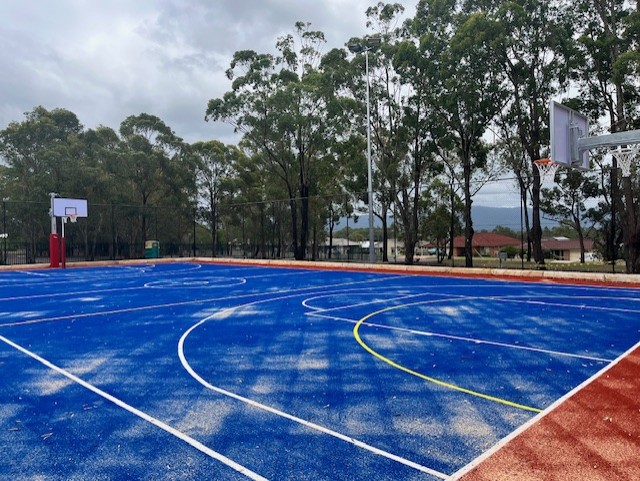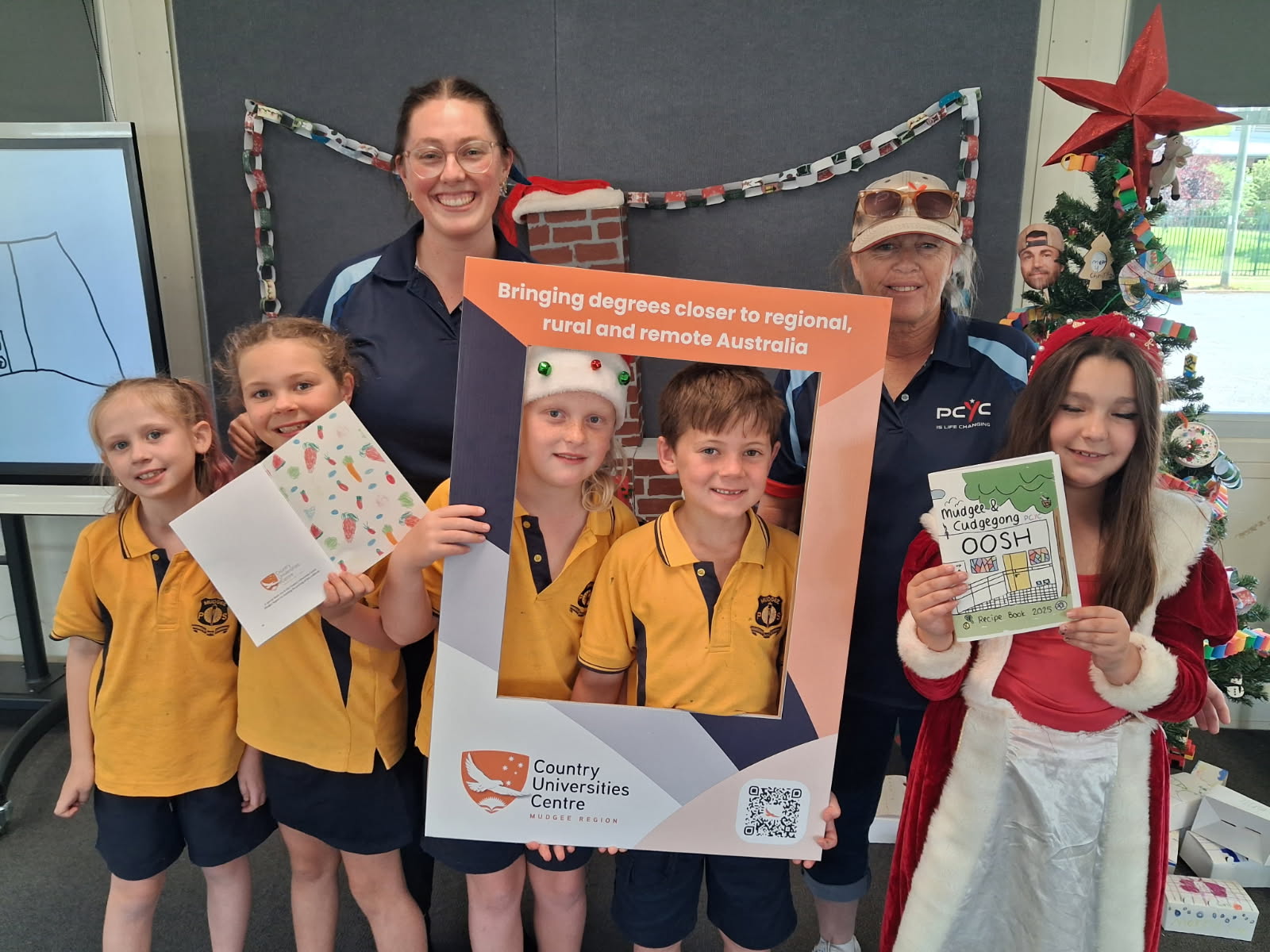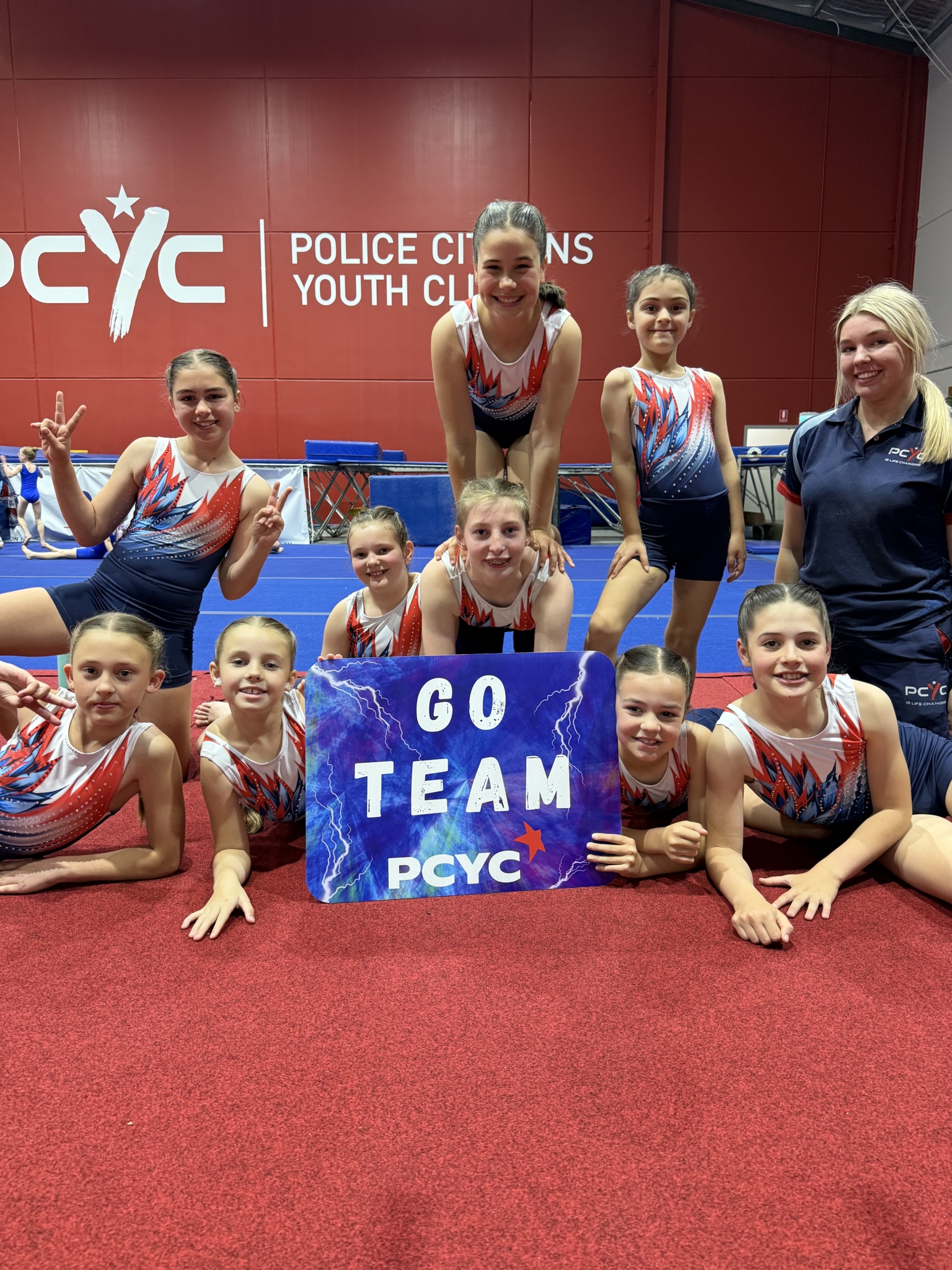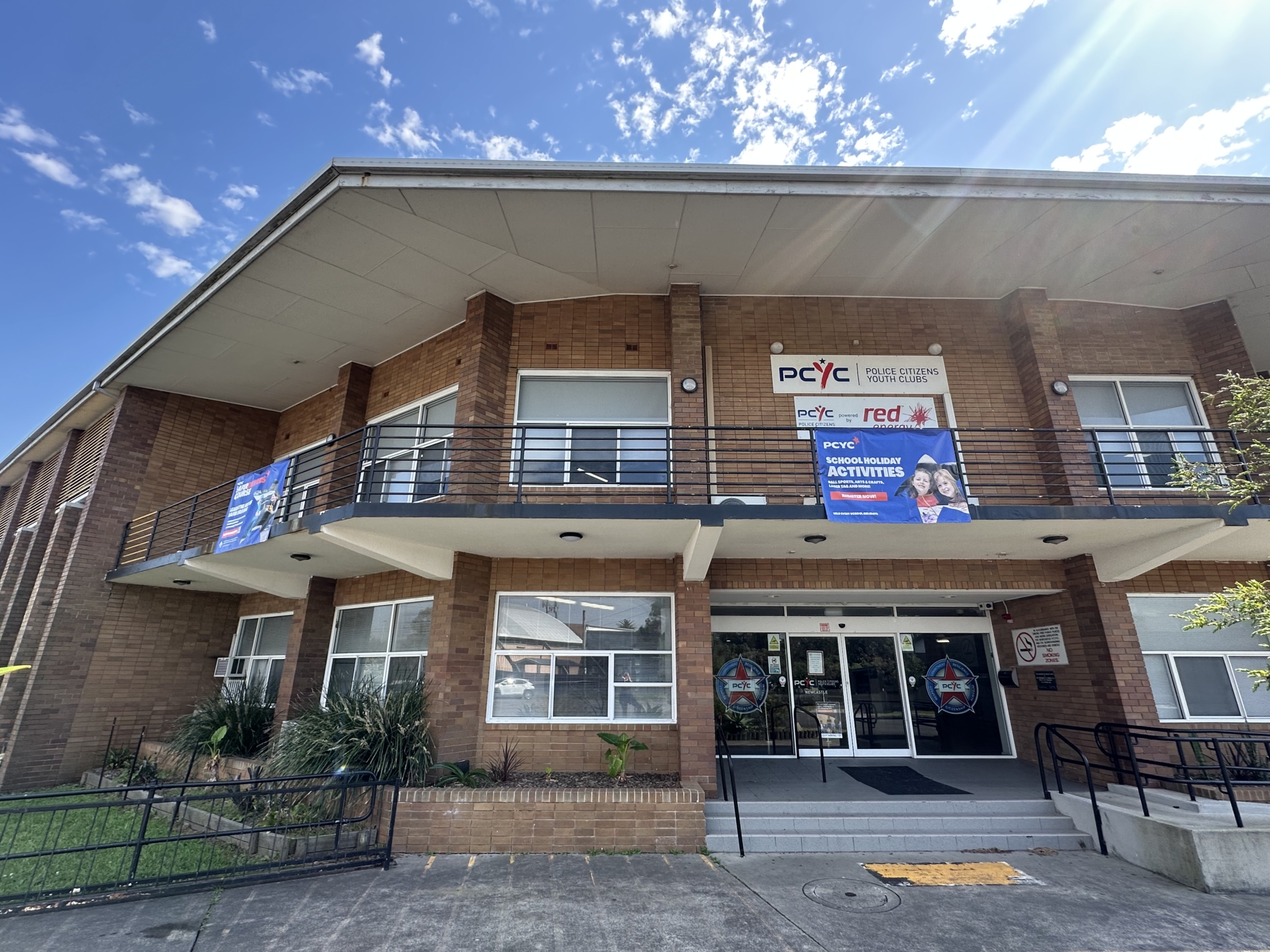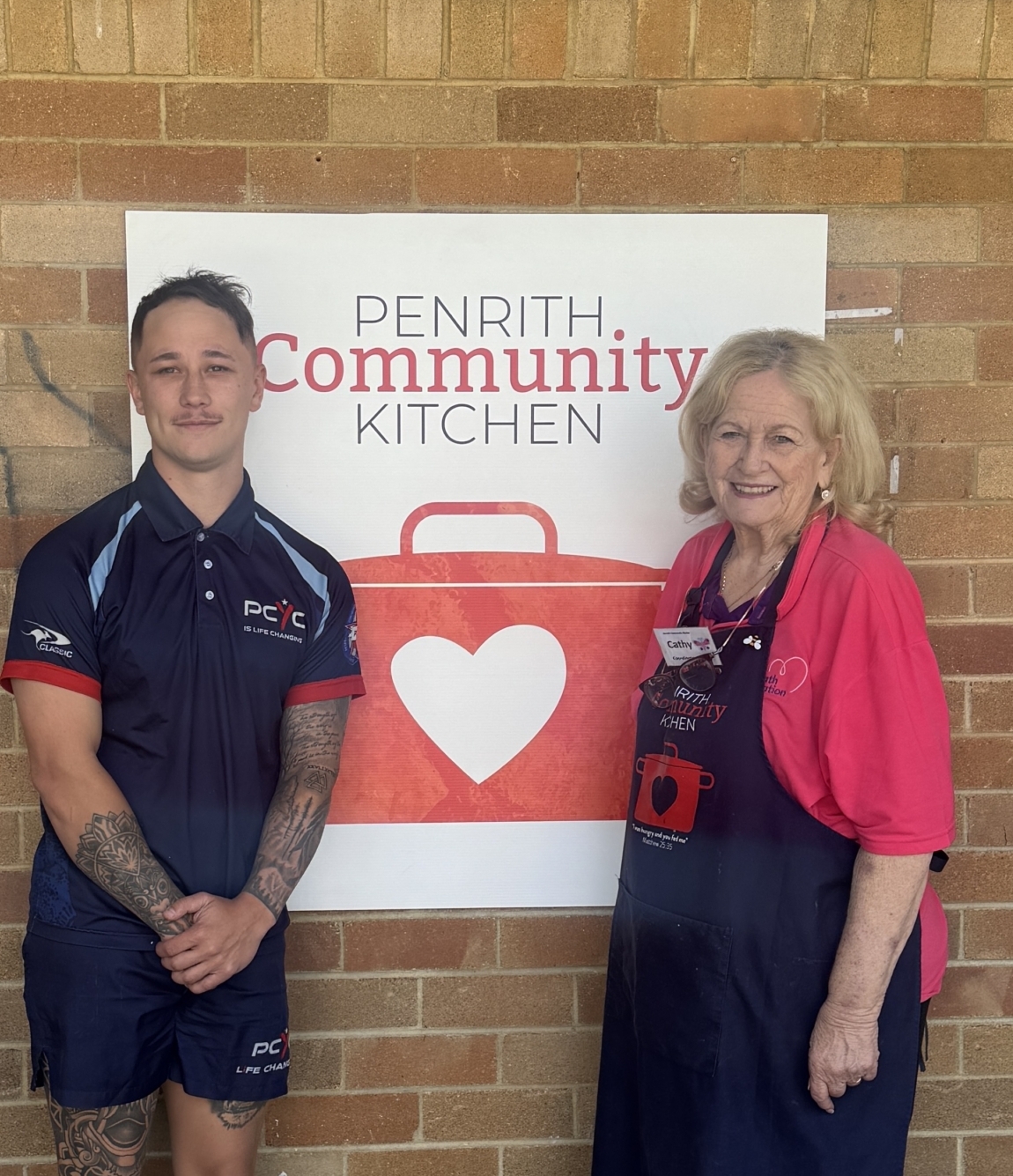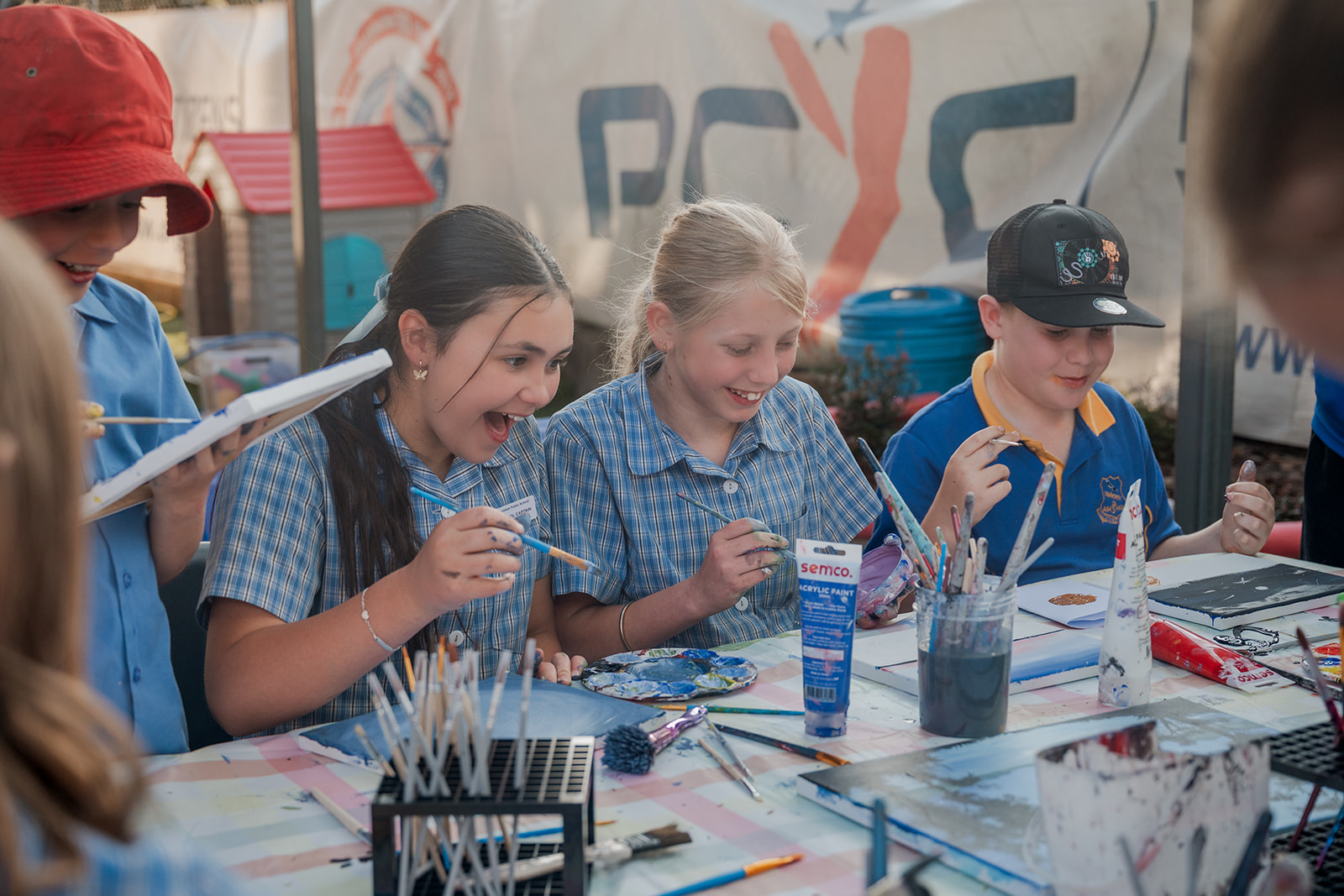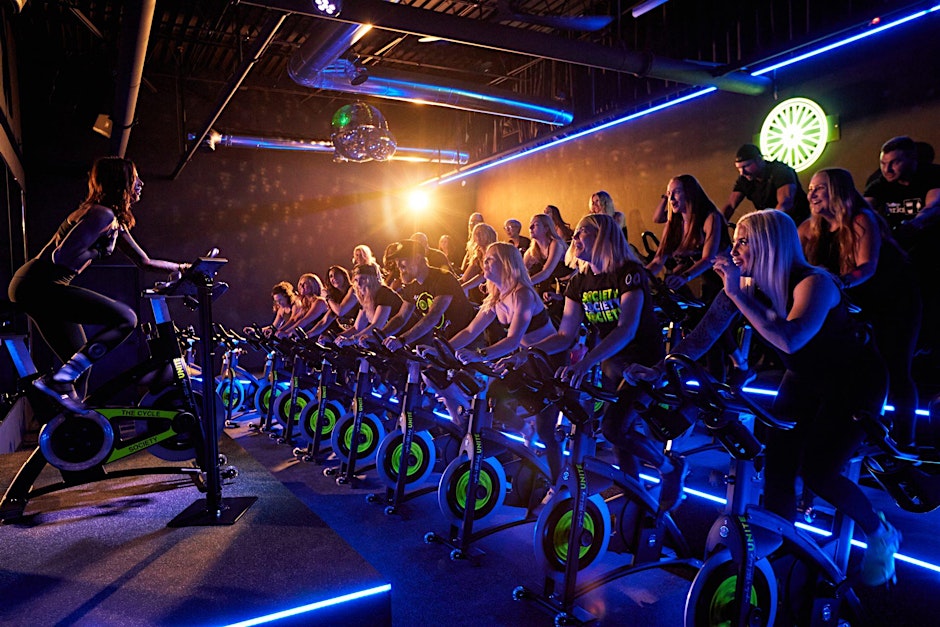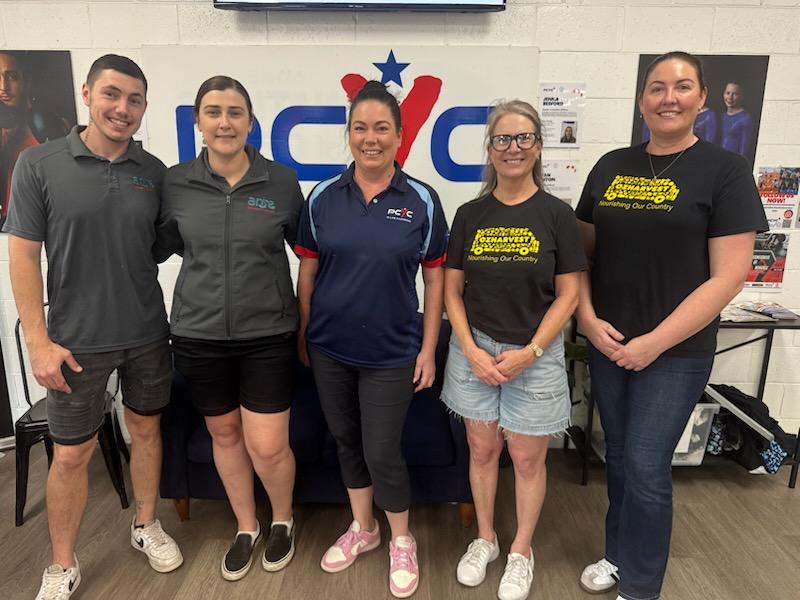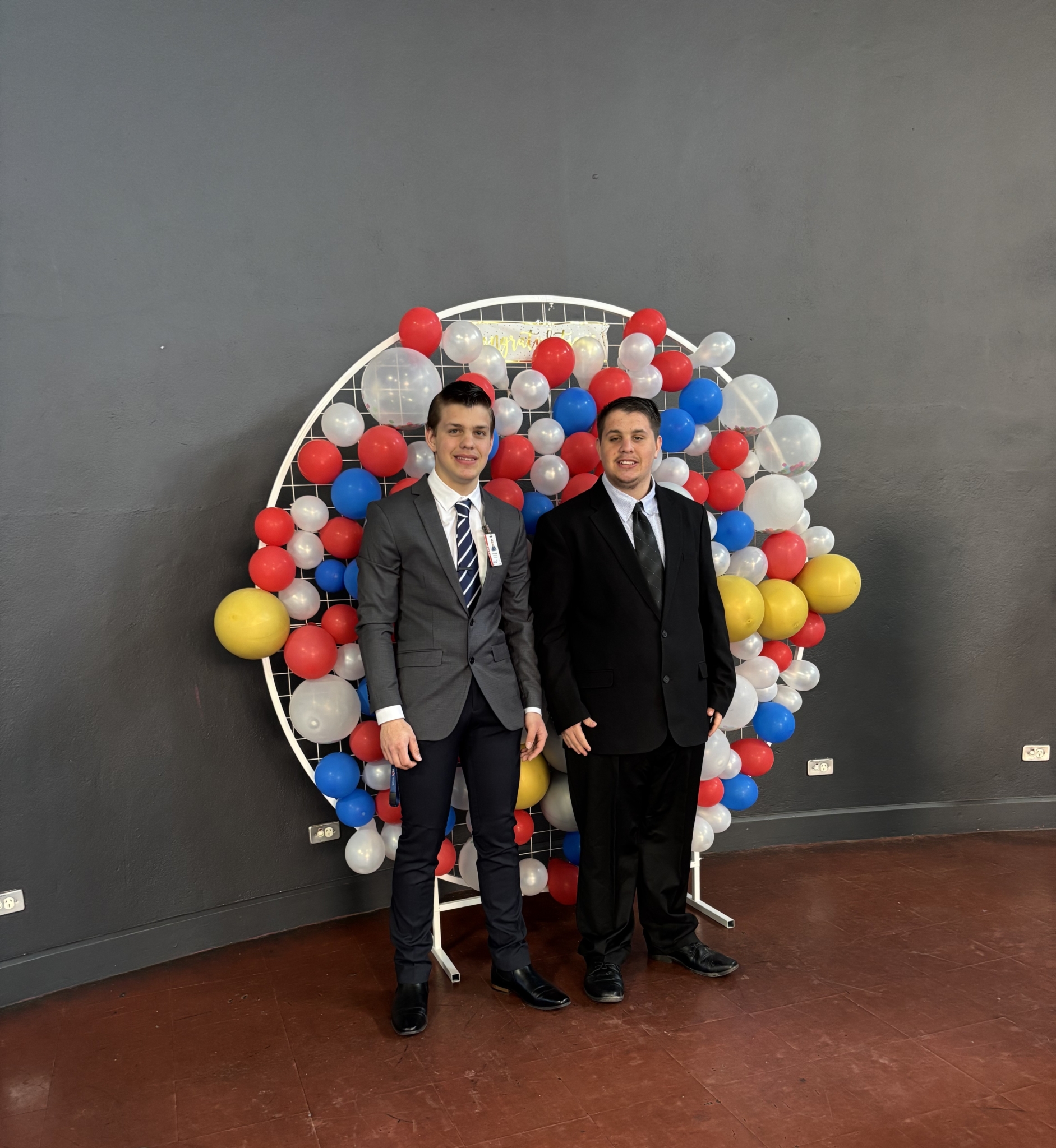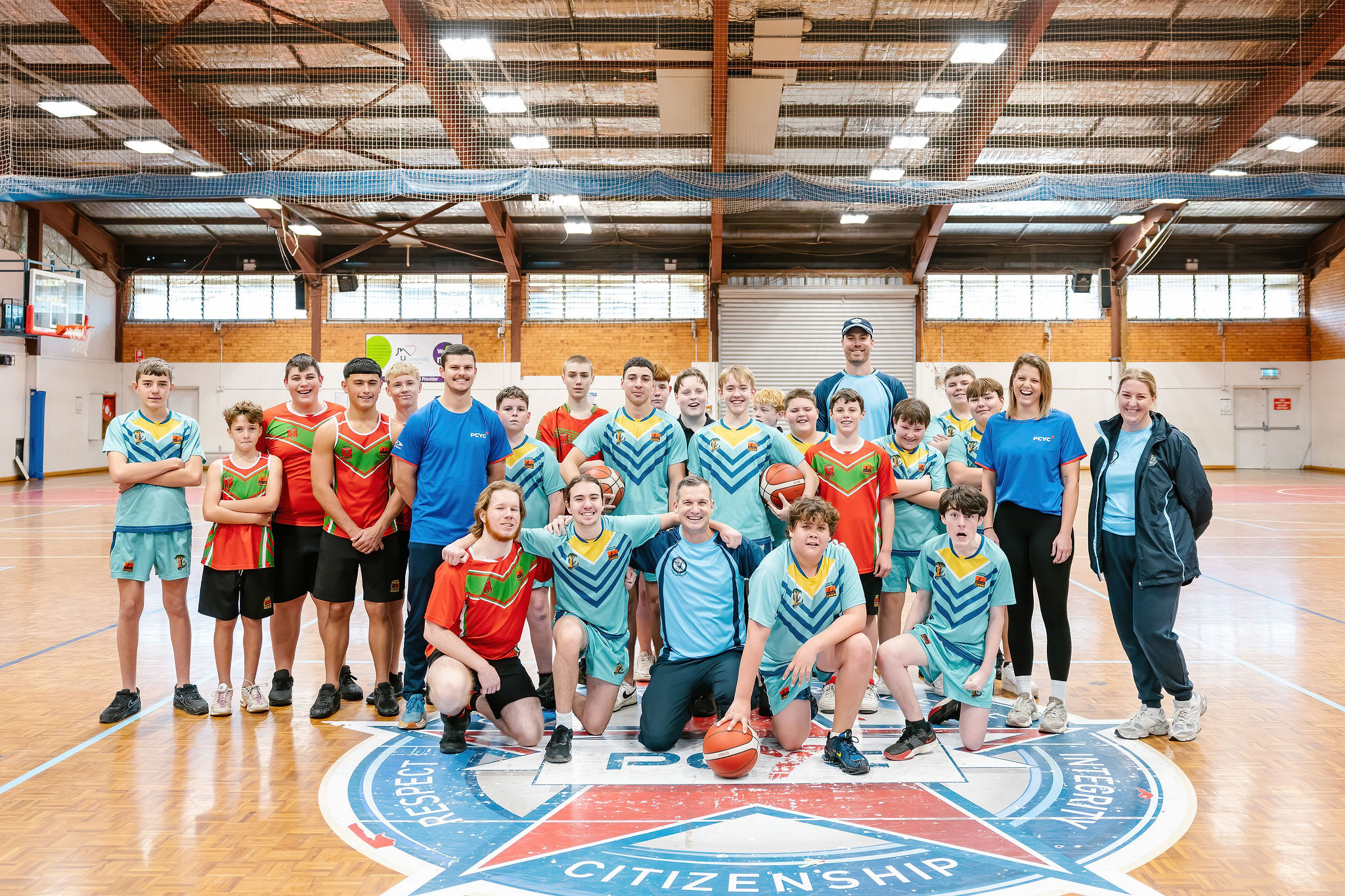- Media Releases
- 16.09.2025
‘A legacy in the making’: PCYC NSW Haka Warriors program fostering cultural pride
Amber Griffin
It’s a mentorship program transforming young lives through cultural pride and performance, and PCYC NSW’s Haka Warriors has returned for its seventh year.
On September 24, more than 450 Pacific Islander youth from 14 schools across Sydney and the Central Coast will take to the stage at Ken Rosewell Arena in Sydney Olympic Park, where they’ll perform traditional dances like the Haka.
The finale showcase is just the tip of the iceberg of Haka Warriors, which is an engaging 20-week program in the lead up. It’s run in partnership with cultural experts with structured workshops where students not only learn choreography, but develop leadership skills, resilience, community connections, and a sense of belonging.
Māori, Samoan, Tongan, and Cook Islands cultures and histories are among those taught throughout the program – educators involved have described it as ‘transformative.’
One participant said, “we have been getting to learn about our culture and experience other cultures as well, we learn to know more about our peers and get along with each other.”
Another participant noted that a highlight has been exploring their heritage through dance and song, and learning to prepare traditional dishes.
PCYC NSW CEO Ben Hobby said, “Haka Warriors brings young people together and encourages them to understand and embrace their culture and community. It provides a platform where Pacific Islander youth and their peers can find their voice, fostering unity, respect and leadership.”
“PCYC is proud to partner with Blue Light New Zealand to mentor the participants and create life-changing outcomes. We’re looking forward to celebrating culture and community at the Haka Warrior Showcase Event. The talent, energy, pride and camaraderie will be truly inspiring.”
Blue Light NZ General Manager, Joe Graham will be one of a panel of four judges at the event.
“Through the Haka Warriors program, young people have gained a deeper understanding of their Pasifika heritage not just through performance, but through values. They’ve learned that the Haka is more than a dance, it’s a powerful expression of identity, unity, and strength.” Said Joe.
“You can see the shift, participants become more engaged at school, more respectful in their relationships, and more intentional about their futures – it’s not just a program, it’s a legacy in the making.”
